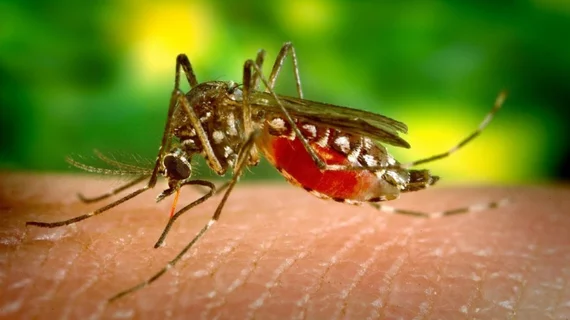Americans support genetic engineering of animals—as long as it benefits humans
Most Americans are OK with the genetic engineering of animals if it benefits human health, according to a survey conducted by the Pew Research Center.
Researchers asked 2,537 American adults about their views on genetic engineering of animals. People were presented five different scenarios of genetic engineering that were either currently available, in development or possible in the future.
Americans overwhelmingly expressed support of "the two (scenarios) that have clear potential to preempt or ameliorate human illness," the survey said.
Seventy percent of Americans said the genetic engineering of mosquitoes to prevent their reproduction and spread of disease would be an appropriate use of technology.
Fifty-seven percent of people said the genetic engineering of animals to grow organs or tissue for humans needing a transplant would also be an appropriate use of technology.
"But other uses of animal biotechnology are less acceptable to the public, including the creation of more nutritious meat for human consumption (43 percent say this is appropriate) or restoring an extinct animal species from a closely related species (32 percent say this is appropriate)," the survey said.
"And one application that is already commercially available is largely met with resistance: Just 21 percent of Americans consider it an appropriate use of technology to genetically engineer aquarium fish to glow using a fluorescence gene, while 77 percent say this is taking technology too far."

